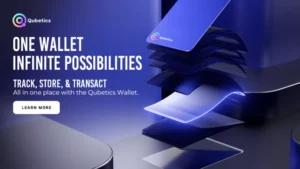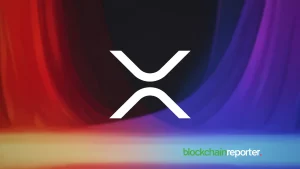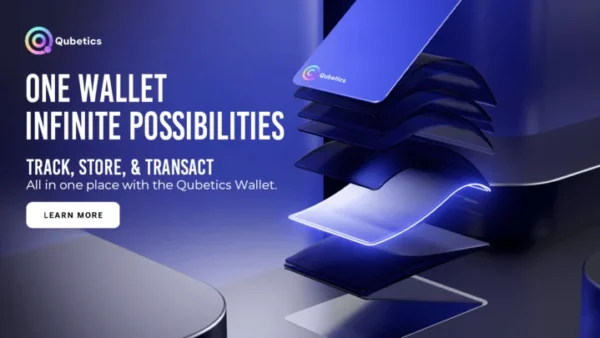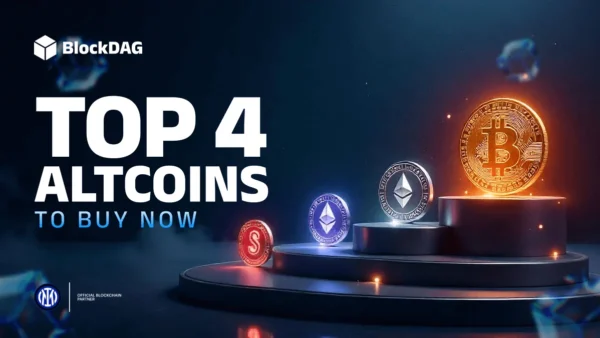The blockchain industry is witnessing a rise in adoption, yet several challenges hinder its full potential. Significant hurdles include scalability, high transaction costs, security vulnerabilities, and energy inefficiency.
However, one project that stands out in addressing these challenges is Qubetics due to its enhanced infrastructure. As the first Web3-aggregated blockchain project, Qubetics is uniquely designed to enhance transaction speed, reduce costs, and improve overall security. What sets Qubetics apart is its ability to provide a more robust, scalable, and efficient blockchain ecosystem.
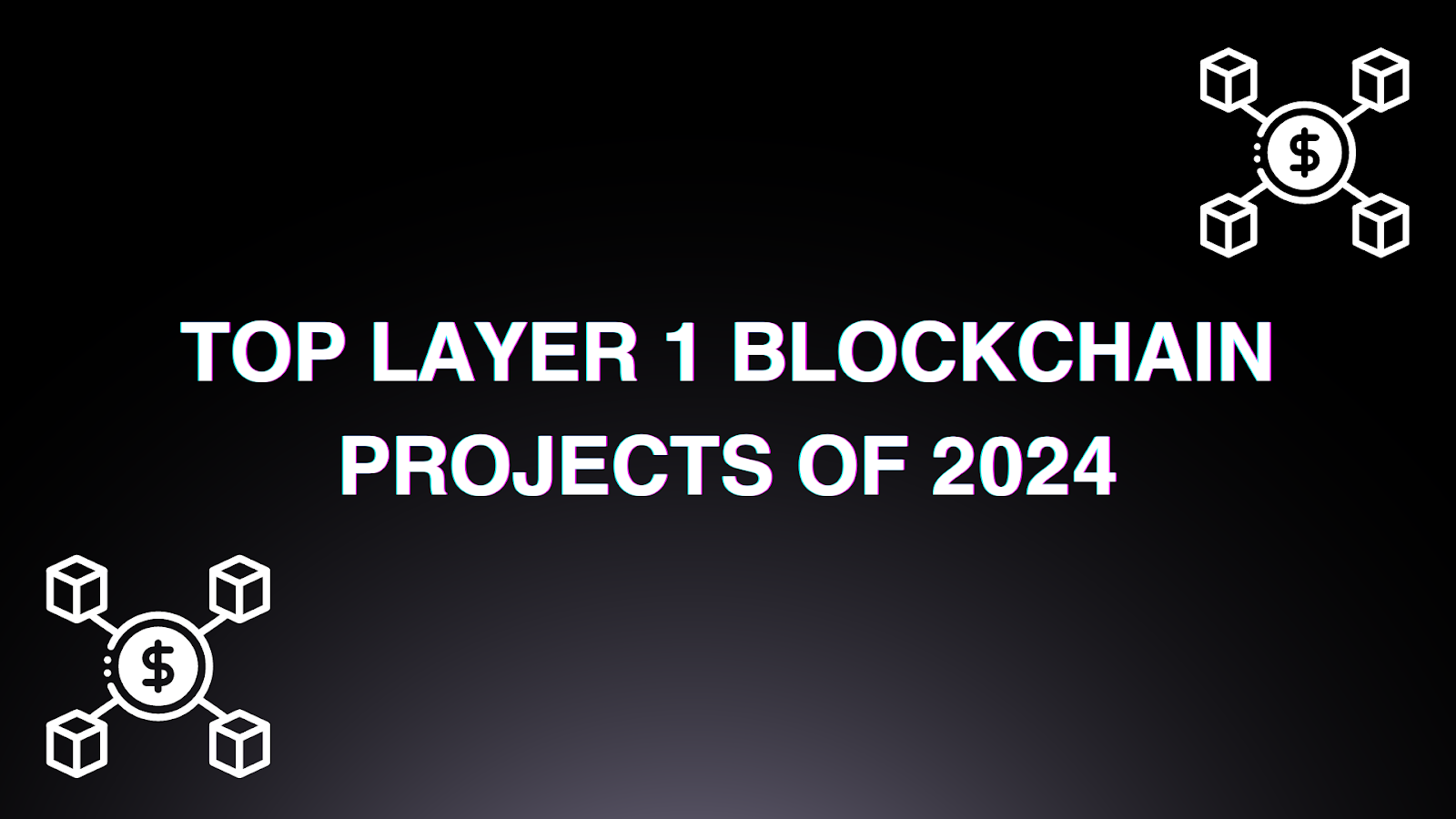
Here are a few exceptional Layer 1 blockchain projects significantly impacting the industry.
1. Qubetics
Qubetics $(TICS) is a Layer 1 blockchain project that stands out due to its remarkable features and focus on solving real-world blockchain challenges, particularly interoperability. In an industry struggling with data silos, scalability issues, and lack of flexibility, Qubetics introduces a scalable, efficient, and secure blockchain platform. With high throughput of 105,000 transactions per second and an impressive 2-second block time, Qubetics is built for speed and efficiency. Qubetics offers several advantages, including enhanced accessibility through its QubeQode environment, which allows users to participate in blockchain development. Furthermore, post-quantum cryptography (PQC) enhances the platform’s security, safeguarding it from potential quantum computer threats.
What sets Qubetics apart is its Web3 aggregation, uniting leading blockchains like Bitcoin, Ethereum, and Solana into a seamless ecosystem. This cross-chain interoperability facilitates efficient asset transfers and data sharing, addressing key challenges in blockchain fragmentation. Additionally, the QUSD stablecoin, pegged 1:1 with the US dollar, provides reliable value storage and secure transactions, ensuring a stable and robust ecosystem for users and developers. Moreover, Users can transfer TICS tokens without paying transaction fees, significantly enhancing the user experience as well Offers a secure, peer-to-peer VPN service to protect user privacy and bypass online censorship.
2. Solana
Solana (SOL) is known for its ultra-fast blockchain, which addresses one of the key pain points in the industry—scalability. With its proof-of-history (PoH) consensus mechanism, Solana can process over 65,000 transactions per second. This high throughput makes it a preferred platform for decentralized applications (dApps) and decentralized finance (DeFi) projects. Solana provides developers with a scalable, low-cost infrastructure for building high-performance applications. Its efficiency in transaction processing ensures users can enjoy low transaction fees, which is a significant advantage over traditional blockchains like Ethereum.
3. Avalanche
Avalanche (AVAX) is designed to improve blockchain scalability, security, and decentralization. It uses a unique consensus protocol known as the Avalanche consensus, allowing for near-instant transaction finality. This Layer 1 blockchain can handle thousands of transactions per second while maintaining robust security features. Avalanche’s key advantage is its ability to scale without compromising decentralization. Its low latency and high transaction throughput make it a competitive player in the blockchain space, particularly in decentralized finance and enterprise applications.
4. Cardano
Cardano (ADA) is a Layer 1 blockchain focused on sustainability and scalability through its proof-of-stake (PoS) consensus mechanism. Unlike energy-intensive proof-of-work models, Cardano’s PoS model offers a greener, more sustainable alternative while providing strong security measures. Its research-driven approach ensures a robust platform that continually evolves to meet industry needs. Cardano offers a sustainable alternative for blockchain projects, with its energy-efficient PoS model attracting environmentally conscious developers and users. Additionally, its focus on formal verification ensures that smart contracts deployed on the platform are more secure and reliable.
Conclusion
Layer 1 blockchain projects such as Qubetics, Solana, Avalanche, and Cardano are making notable progress in tackling the industry’s critical challenges, including scalability, security, and efficiency. As the blockchain sector evolves, these platforms lead the charge, offering groundbreaking solutions that foster broader adoption of decentralized technologies. Qubetics, with its advanced infrastructure and focus on accessibility through AI-driven tools, stands out as a leading platform poised to revolutionize blockchain development and its real-world applications.
For More Information:
Qubetics: https://www.qubetics.com/
Solana: https://solana.com/
Avalanche: https://www.avax.network/
Cardano: https://cardano.org/
This article is not intended as financial advice. Educational purposes only.

